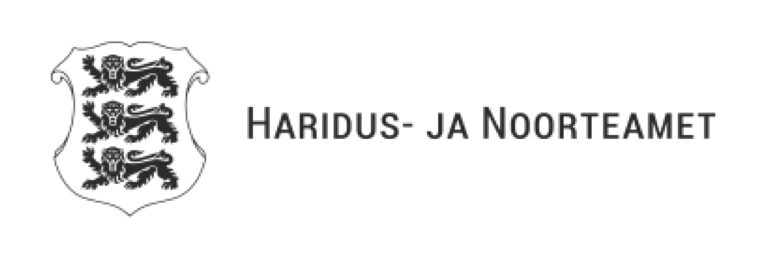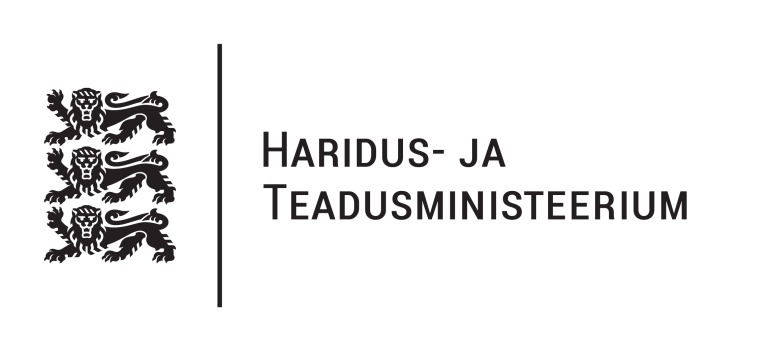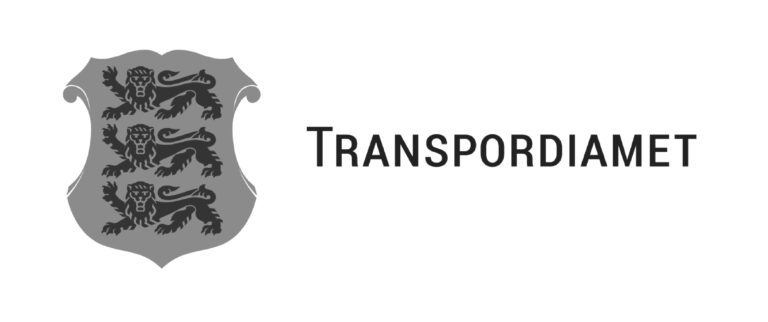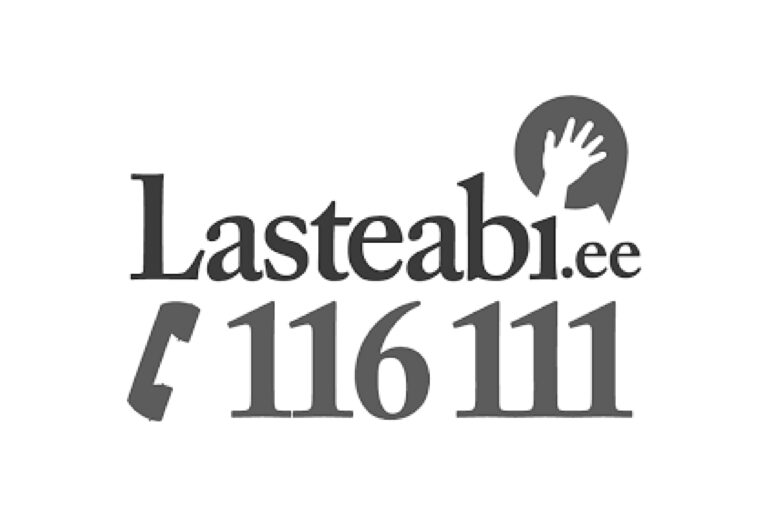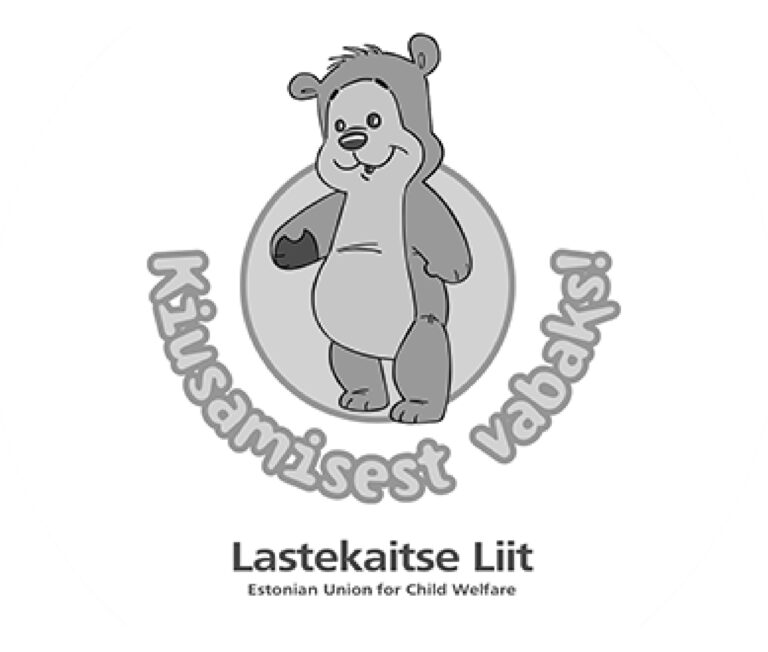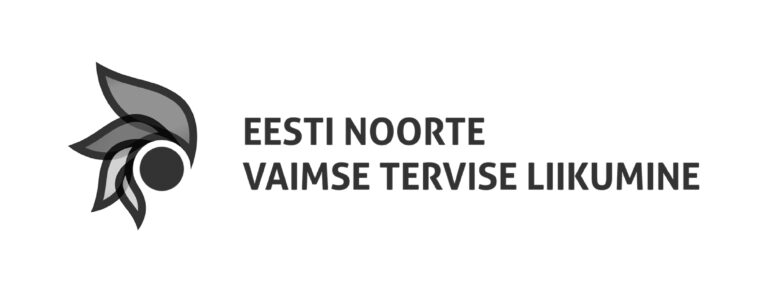We have done a story with Kristel, who shares her memories of entering the job market.
I have been on the labour market for almost 35 years now, my main professional roles have been assisting managers and collective, personnel work, and internal and external customer service. Among my accomplishments, I would count my wonderful family, which is strongly cohesive, supportive, and humour loving.
Of my professional achievements, I would highlight the example of one company, where, in a small unit, people had thoroughly turned on each other, so much so that I was considering closing the unit. In the span of 3 weeks, I met with them several times and we got everything resolved and these people are still working together.
What do you remember from your first day at work?
It’s been a long time since my very first day at work, so I don’t remember it anymore, but I saw an awesome phrase in the Labour Inspectorate calendar this morning: “The first workday was pretty exciting. It was like I was in an escape room – there were clues everywhere but I didn’t fully understand anything.”
That’s usually how it is. On the first day, the newcomer is presented with a stack of papers and instructions, etc. Creating structure and order in those things is a skill that comes with experience and takes time. So, I encourage you to ask, even the same question for the 10th time if need be, because that helps you to understand things better and leads to avoiding mistakes. If a colleague is scolding you because they’ve already told you something, then don’t pay them any mind, keep filling the gaps in your knowledge – even by explaining to a colleague how you understood something and asking them to fill in the gaps, if there are any, this is how you assure yourself that you are doing things the right way.
Usually, the new employee is assigned a mentor, but not always. If there is no mentor, then it would be reasonable to address your questions to your direct superior.
What were your fears and expectations?
Fears and expectations – usually, when starting at a new (work) environment a person is inspired and ready to “move mountains,” to become part of the team, but soon the so-called cold shower happens, and the reality is different from imagination. Usually, fears are related to whether I can cut it or if I fit in with the team.
Did those come true?
Did these expectations and fears come true? The statement “the wolf you feed will win” is true. Of course, it’s easy to tell someone to be courageous and take initiative, it’s much harder to actually do it. However, I would still like to encourage young people to ask and explore. That’s what the probationary period is for (sometimes it even takes up to 6 months), when you get settled in at the new place.
How did you apply for work? Which documents did you need to fill out?
At the time I started, there was no classical application process where you send your CV/resume and chat with human resource workers and, if need be, solve some assignments and you’re hired. Today’s situation is completely different. Often you need to fill out a personal form, income tax exemption statement, read a stack of materials on occupational safety and healthcare, work regulation rules and possibly more documents, depending on the specifics of the company.
A friendly suggestion – take your time to familiarise yourself with the documents, don’t hesitate to ask the HR worker about anything that raises questions for you. Don’t be afraid to discuss with them how you could be the best version of yourself as a new employee.
How were you accepted into the collective? How to blend in quicker in a new environment?
Being accepted into the collective largely depends on the organisation and its culture. Sometimes it can be more complicated because people are more reserved, either due to their personality or their profession but they are not malicious. You must find a way to get through to them, it won’t always be easy. Usually, people are happy to help others, so ask for help. A recommendation: observe balance, don’t overdo it, and contribute whenever possible. Be kind, positive and open, and, if possible, joke around.
Changing jobs
Sometimes you are faced with situations where you’re offered a job with better terms, closer to home, or that’s more attractive for some other reason. Then you’ll have to tell your current employer that you want to leave. Estonia and, in fact, the whole world, is relatively small, and HR employees are in close communication. Be polite and respectful when communicating with your employer, even if you’ve had a falling out. Respect the notification time and other agreements. Return the employer’s property, for example work clothes, keys, phone, computer, etc.
Which laws should be followed?
First, look at your contract and, if necessary, consult with the Labour Inspectorate if you are not sure how and when to act.
Which rights and obligations should be followed while at work?
Rights: ask to be mentored and have the courage to refuse to do a job you are not qualified to do. Obligations: follow your employer’s orders while making sure that those are compliant with the law. I recommend reading §15 of the Employment Contracts Act before starting work.
In your opinion, what is the best way to present yourself to a new employee?
My first and spontaneous answer would be to do it boldly and honestly. HR workers nowadays don’t expect a 15-year-old to have 20 years of work experience. They do, however, want to know what kind of a colleague they are getting, what your strengths and weaknesses are, and where you see that you have room to grow, which part of you needs the help of others’ experience.
What should a resume and motivation letter be like?
A resume should be informative. Job titles may be the same in different companies, for example, an accountant, but the job might be very different. In one company an accountant could essentially be a data entry clerk, inserting incoming invoices and bank receipts into a program. In other companies an accountant may calculate employees’ salaries, prepare financial analyses, etc.
So, it is worth elaborating a bit on the tasks you’ve previously completed.
The motivation letter should be a description of you and what is unique about you, don’t be afraid, you cannot get it wrong, your personality cannot be copied by others.
The article was written in collaboration with the JCI Tartu branch.


